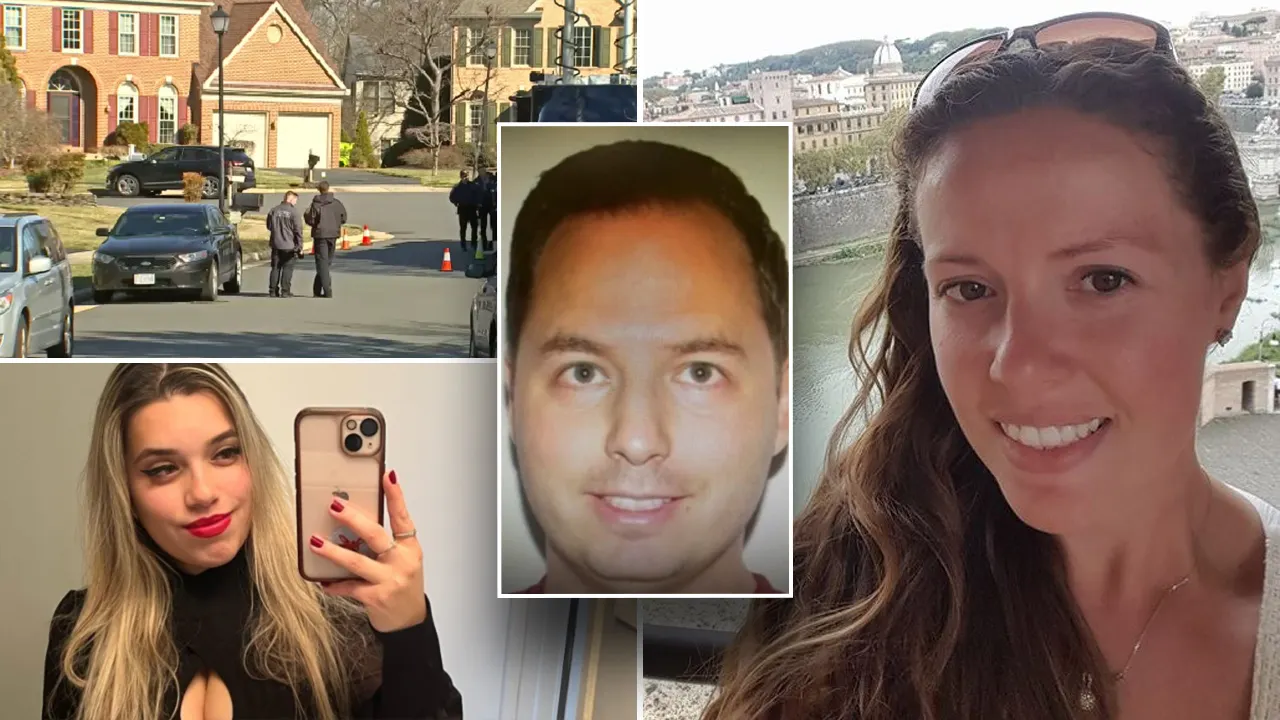A Milwaukee woman who argued she was legally allowed to a kill a man because he was sexually trafficking her pleaded guilty Thursday to a reduced count of reckless homicide.
Chrystul Kizer’s decision means she’ll avoid trial and a possible life sentence. It also leaves open the question of whether a state law that grants sex trafficking victims immunity for any offense committed while they were being trafficked extends all the way to homicide.
Kizer’s attorneys, Gregory Holdahl and Helmi Hamad, didn’t immediately respond to email and voicemail messages seeking comment.
Prosecutors allege Kizer shot 34-year-old Randall Volar at his Kenosha home in 2018, when she was just 17 years old. She then burned his house down and stole his BMW, they allege. She was charged with multiple counts, including first-degree intentional homicide, arson, car theft and being a felon in possession of a firearm.
Chrystul Kizer is pictured during a hearing in the Kenosha County Courthouse on November 15, 2019. Her lawyers, public defenders Larisa Vargas Benitez-Morgan, left, and Carl Johnson talk during the hearing. (Sarah L. Voisin/The Washington Post via Getty Images)
Kizer, now 23, argued that she met Volar on a sex trafficking website. He had been molesting her and selling her as a prostitute over the year leading up to his death, she argued. She told detectives that she shot him after he tried to touch her.
Her attorneys argued that Kizer couldn’t be held criminally liable for any of it under a 2008 state law that absolves sex trafficking victims of “any offense committed as a direct result” of being trafficked. Most states have passed similar laws over the last 10 years providing sex trafficking victims at least some level of criminal immunity.
Prosecutors countered that Wisconsin legislators couldn’t possibly have intended for protections to extend to homicide. Anti-violence groups flocked to Kizer’s defense, arguing in court briefs that trafficking victims feel trapped and sometimes feel as if they have to take matters into their own hands. The state Supreme Court ruled in 2022 that Kizer could raise the defense during trial.
But that won’t happen now. Online court records show Kizer pleaded guilty during a hearing Thursday morning to a count of second-degree reckless homicide. Prosecutors dismissed all the other charges.
Kenosha County Circuit Judge Michael Wilk is set to sentence her on Aug. 19. The second-degree reckless homicide charge carries a maximum sentence of 25 years in prison. First-degree intentional homicide carries a mandatory life sentence.




